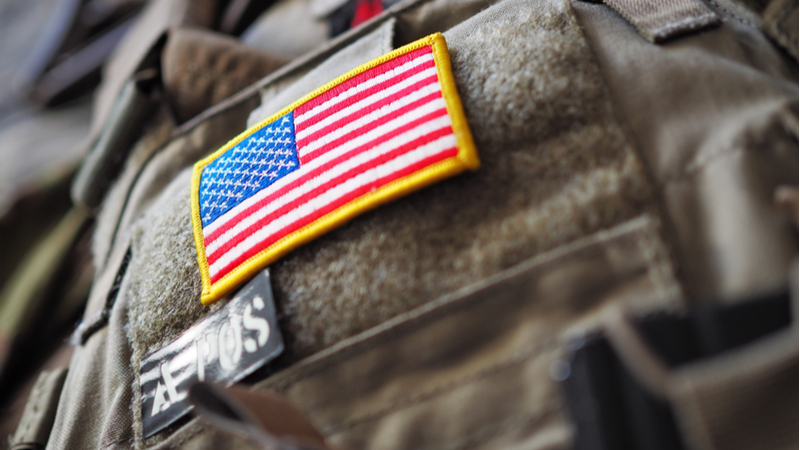
The Senate passed the annual National Defense Authorization Act (NDAA) for Fiscal Year 2021 on Dec. 11 with a veto-proof 84-13 vote. This follows the House passing the bill earlier this week, also with a veto-proof majority. The bill now goes to President Trump’s desk, who has repeatedly Tweeted that he plans to use his veto power.
President Trump objects to Section 230 of the NDAA, which allows social media platforms and other third-party hosting platforms to be exempt from laws that apply to “publishers.” He wanted the section removed, but both chambers moved forward over his objections. He has threatened to veto, but both houses passed the measure with over the two-thirds majority needed to override the veto. If he does veto the bill, Congress would then have to vote again to override.
A timely vote on the NDAA was not guaranteed as recently as Dec. 10, with Sen. Rand Paul initially advocating for delaying the vote until Monday. This move would have resulted in a brief government shutdown, because the NDAA would need to be voted on before the Senate could vote on the continuing budget resolution (CR) to extend government funding through Dec. 18. Without a vote on the CR, government funding would run out on Dec. 11 at midnight. Ultimately, all 100 senators voted to allow the NDAA a vote.
President Trump will now have 10 business days to either sign or veto the bill. Should he veto the bill while Congress is out of session, the legislature must either invoke a special session or risk the bill expiring on Jan. 3, 2021, and having to start over on a new NDAA.
